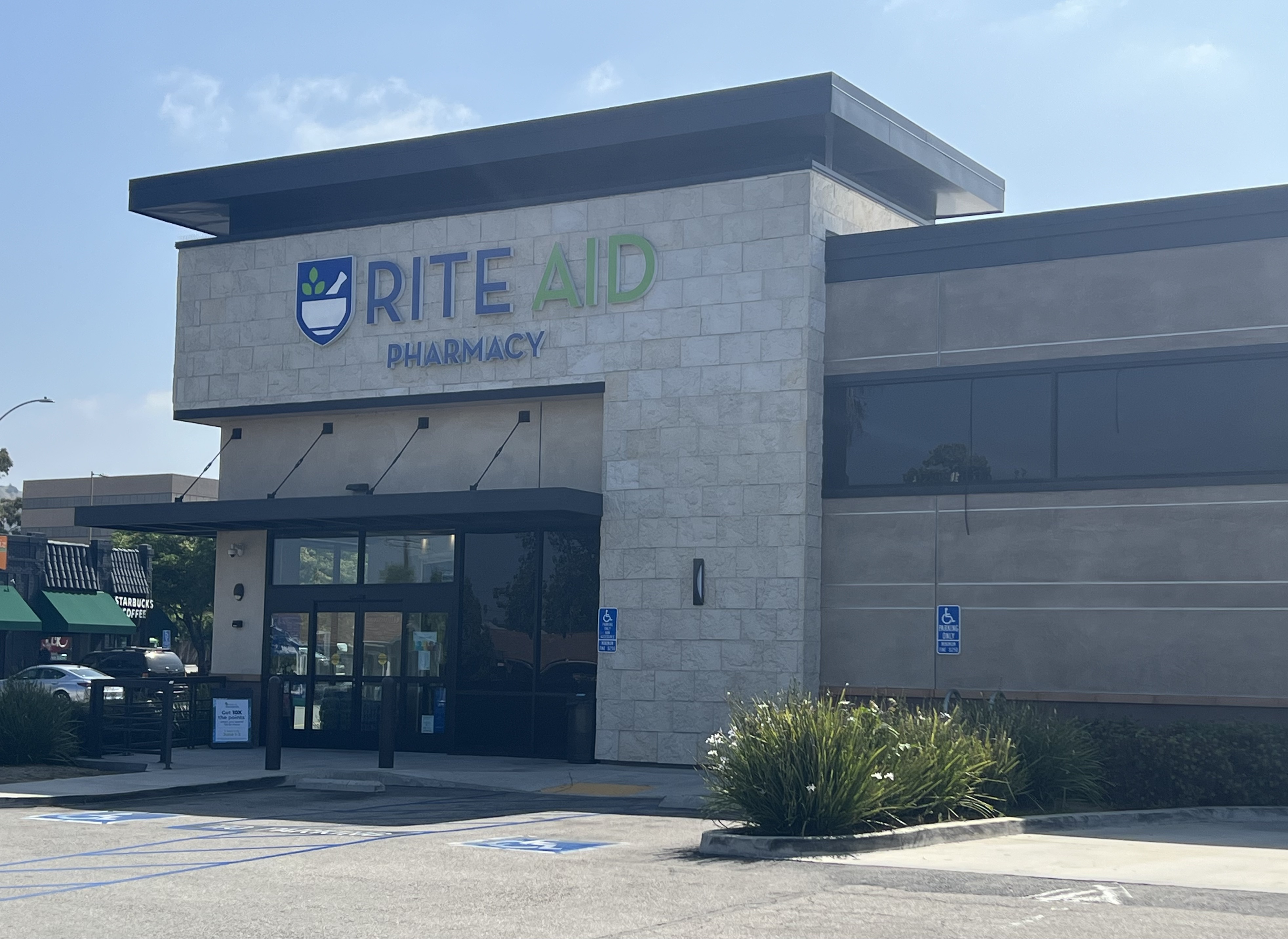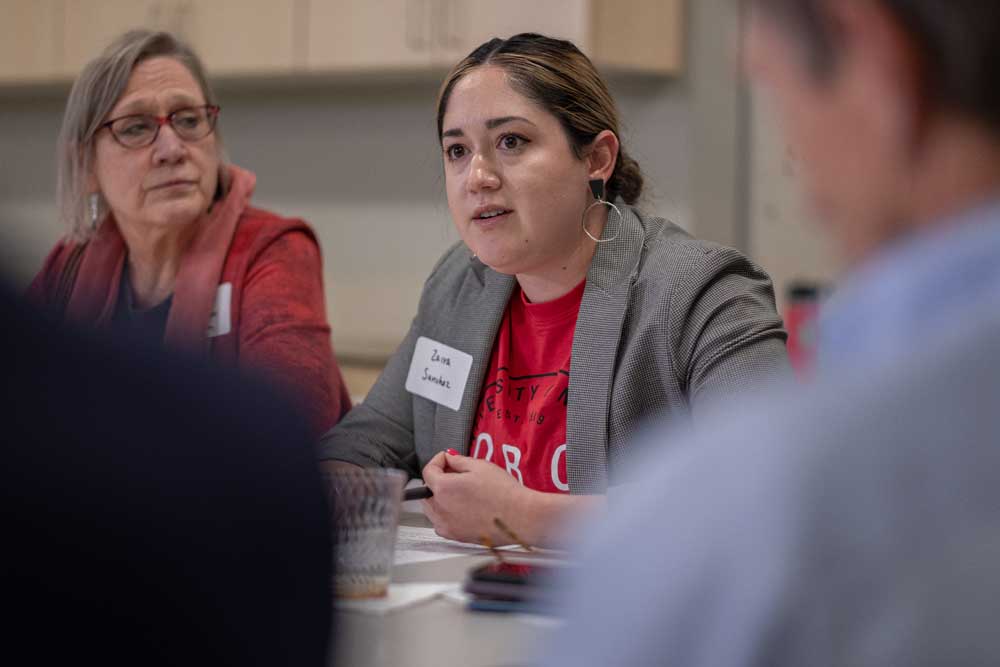Pendleton appeals feds refusal to pay for flood damage
Published 8:00 am Wednesday, November 9, 2022

- City of Pendleton work crews on Feb. 13, 2020, prepare concrete blocks for temporary placement along the bank of McKay Creek near Community Park in Pendleton. The blocks are in preparation for excavation of sediment from the creek bed that was deposited as a result of flooding in April 2019.
PENDLETON — The city is appealing the Federal Emergency Management Agency’s denial of an invoice to pay $75,000 in expenses Pendleton incurred during a 2020 gravel removal from the 2019 McKay Creek flood.
FEMA also has requested more information regarding the city’s $50,000 invoice to repay work on high water debris clean up from the 2020 Umatilla River flood.
FEMA denied payment because it regards the gravel removal in 2020 as a separate event from the 2019 flood, Pendleton City Manager Robb Corbett said. The city, however, maintains the gravel, found during 2020 damage repair work, was swept downstream from the previous year’s McKay Creek flood, so FEMA should cover the cost of removal.
The request for information applies to the city’s invoice for the transfer site it set up in Riverside to collect debris from the 2020 Umatilla River flood. The city hired Pendleton Sanitary Service Inc. to haul away the trash as it accumulated.
“We’ll respond both to FEMA’s denial and information request on Thursday,” Corbett said.
The appeals process can take 30 to 90 days, FEMA’s website said, depending upon requests for additional information.
The city council selected Environmental Science Associates of San Francisco in June to examine how the entire McKay Creek Basin system functions and identify steps that might mitigate seasonal flooding. The study also aims to find ways to ensure McKay Dam is able to provide water for irrigators and endangered fish species. It also intends to identify projects which might make living along lower McKay Creek safer.
A FEMA grant funded $300,000 of the study’s $400,000 cost. It has been underway about three months and should take a year.
The recommended steps are liable to be costly, Corbett said. He added he hopes to receive funding with help from Oregon’s U.S. senators and Congressional District 2’s House representative.





